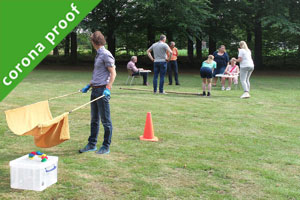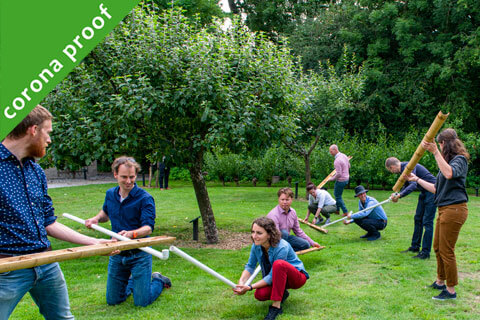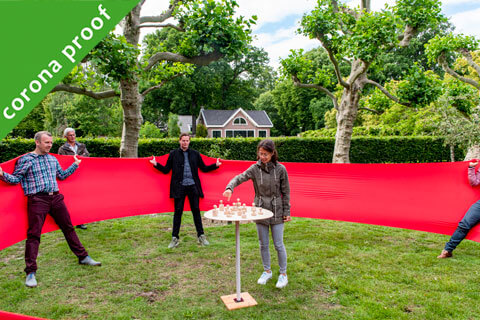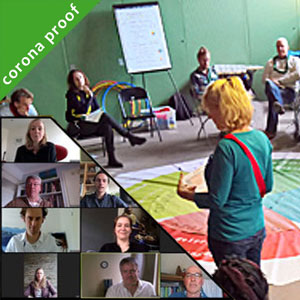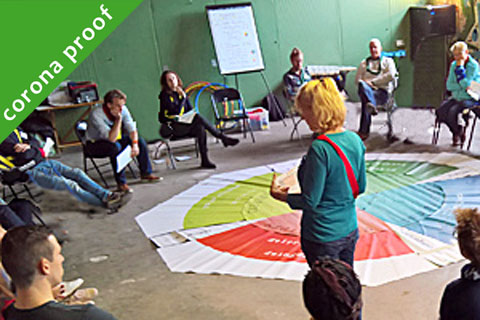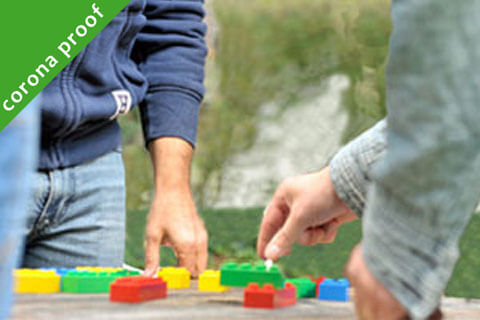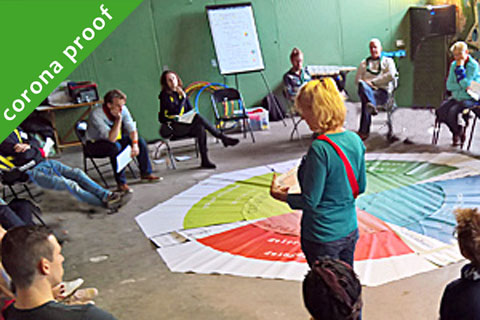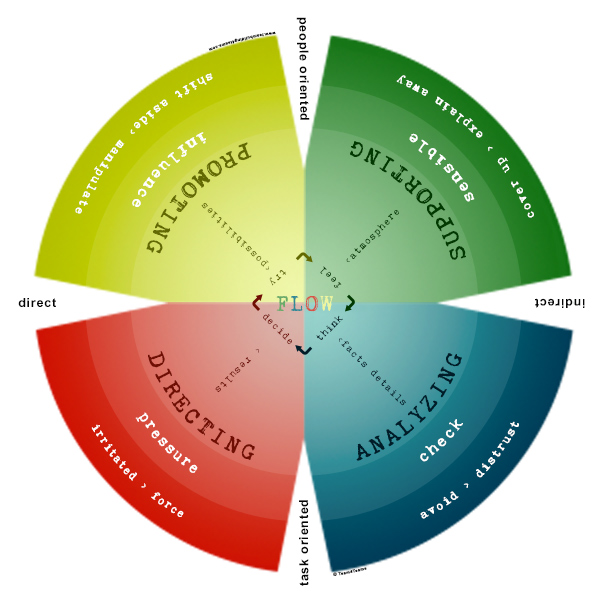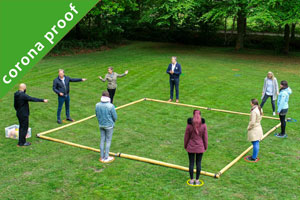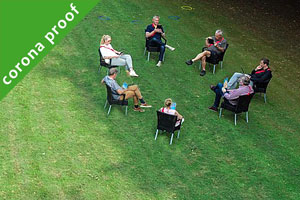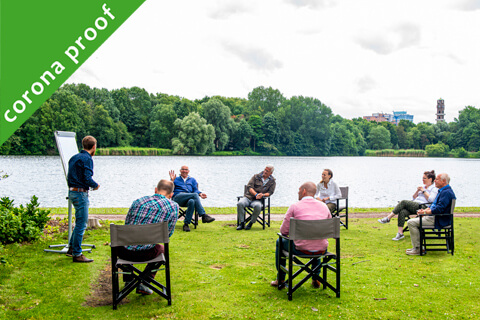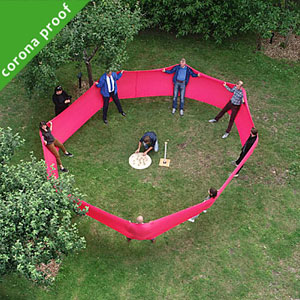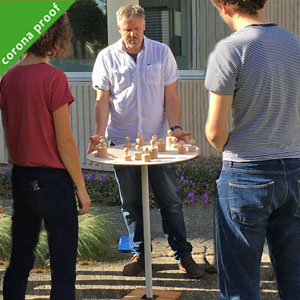Welcome in the world of
Team Development
Team Building with reflection
A perfect start in your Team Development Process.
Team building helps you experience the fun of working together.
It increases your ability to stay flexible and creative when dealing with change, and supports result-oriented working.
Periodic maintenance for each team.
Communication course for teams online and in-company
the most practical online communication styles course for teams
Communication master class
The best of the communication styles and even more
Giving and Receiving Feedback
Asking for, accepting and giving feedback has a task and a relationship aspect.
Because feedback is focused on growth, it doesn’t get personal.
Trust is a precondition for asking for, accepting and giving feedback. In our training courses we examine what strengthens and threatens trust.
If there is enough trust, a positive feedback process can only get off to a good start. Then the next challenge is to persevere step by step.
Feedback master class
The best of feedback and more.
Summarizing
We often use the Scale of Cooperation to give teams an overview of positions in their team development:
In our feedback offer we distinguish three ways of addressing each other:
- with feedback, a positive goal in mind, sharing what we both need with appointments as a result. Step-by-step cooperating.
- with hints, talking with each other without appointments as result, I’m free, you are free to do (or not). Les or more in Avoiding mode.
- with criticism, on the person (not longer on the task) with irritation and a lack of trust. Sooner or later in Struggling circumstances.
Feedback or feed-forward?
More often we hear the discussion about feedback and feed-forward.
Several colleague organisations have their preferences for feed-forward. It is most often chosen with the reason that ‘feed-forward’ is focused on the future. The opposite ‘feedback’ reflects on the past and that creates easily irritation…
With this argumentation in mind feedback sounds negative.
But we still believe in feedback.
The honest reason is that we want to improve the future with arguments learned from the past.
Our feedback process:
- Set your (new) goal, reflect on what goes well and what can be improved looking to the past.
- Let’s agree, what will I do and what can you do to improve the past and our collaboration in the future?
- And the most important step! Always come back on the agreements and check if there is something that can be better?
Collaboration is a step-by-step process of improvement.
Come back to it, is in the feed-back-process essential. Just as essential as feed-forward.
Another point in which feedback is ‘our favourite’ is that it is good to share your thoughts and feelings about the collaboration. Are there positive and painful moments which are unspoken and should be enlighten before you can go along with each other? Sharing thoughts and feelings strengthens trust.
Feedback is the key to experiencing trust. Feedback is our choice!
But is there no such thing as ‘negative feedback’?
Yes, there is, but we call that criticism. Criticism = feedback + irritation.
COLLABORATION
A step by step process
Periodic maintenance for teams, collaboration is a step-by-step process knowing that every team is different. A team-developing process can provide that, with brief interventions aimed at periodic maintenance. Each session provides new tips that enhance positive cooperation. To climb from a team to a top team with the help of each other. Supported on request by a team coach. Step by step.
This enables a team to strengthen a
sustainably cooperating organisation culture.





